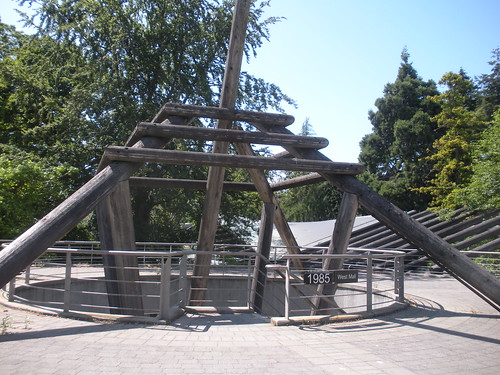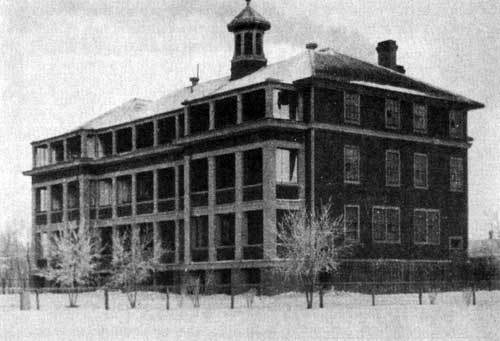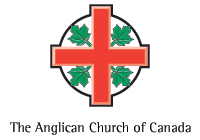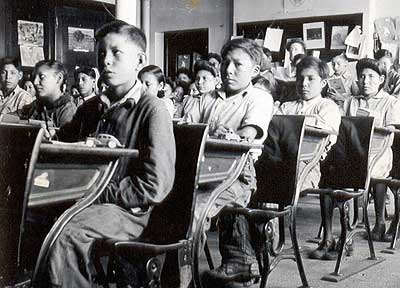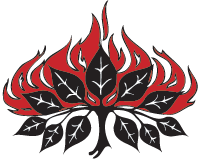Topic:
Indigenous cultures, aboriginal youth, digital divide, social media and communication
Theme of Weblog Research:
It is a challenge as an educator this day and age not to be directly or even indirectly exposed to discussions about what is occurring in the social media realm or how youth are communicating with each other. Since starting this course, my inquiries and initial web searches have been focused on how indigenous and aboriginal youth are using social networks and other technologies to communicate within themselves and the “outside” world. One can assume that technologies are readily available for all to use, but are they really that accessible? When looking at the digital divide, what opportunities do indigenous and aboriginal youth have to access these technologies to be able to effectively unite with the digital world and become digital citizens?
As the weblog is developed, my entries will attempt to address how the digital divide is being “bridged” to bring indigenous and aboriginal youth together in the digital world.
Canadian Roots
http://www.canadianroots.ca/index.php
The Canadian Roots Exchange is a group of Indigenous and non-Indigenous people (youth and adults) who work together, traveling to indigenous communities around the country. During the travels, the individuals involved actively engage in conversations with elders and youth, learning from on anothers teachings and experiences.
I found this website to be informative and somewhat encouraging because it is getting youth in touch with communities in different regions of Canada. The youth movement is a strong one, as they seem to hold the majority when talking about the social media/network movement. To get willing youth participants of all backgrounds to be involved in a project like this is amazing to view. A real forum of willing youth to engage and be engaged with dialogue that is real and relevant to the many aboriginal issues.
Digital Youth Council and Four Worlds International Institute
http://dycouncil.ning.com/
http://www.fwii.net/profiles/blogs/building-deep-social-networks
The Digital Youth Council, is a council within the Four Worlds International Institute is a site dedicated to unifying all peoples in the fourth way. Both of these websites and the councils within, will provide insight into how indigenous and aboriginal youth are using social media to share information that is relevant and meaningful to him/her.
The Digital Youth Council’s mission:
“Our mission is to develop a digital youth council that generates a community of dedicated young people from across the world, who share a responsibility for a common vision of hope in creating a world capable of change, that feel a part of a movement they themselves can mobilize, and eliminates the feeling of isolation and resignation by providing the members with an open healing digital space to share their cultures, individualities, and gifts.” (http://www.fwii.net/group/digitalyouthcouncil)
The Digital Youth Council is youth driven and everything that is posted on the site has value and meaning from the individual who is posting the information. The council has in place the following guidelines for posting information:
1)We all must respect each other.
2)Never force opposite material on each other.
3)No-violent images, videos, comments, or content.
4)No gossip, No rumors, No lies.
5)Only tell the truth.
6)Don’t intimidate each other.
7)We are all friends, no enemies.
8)Only positive comments, photos, videos or content.
9)No posting Porno or sexual content, photos, videos, or comments.
10)No meaningless comments, images, videos or content.
(http://dycouncil.ning.com/)
Media Indignea
http://www.mediaindigena.com/
When I stumbled upon this website I found it to be current and relevant to what topics are being discussed currently in the course. Directly quoting the home page “Media Indigena is an interactive, multimedia magazine dedicated to Indigenous news, views and creative expression.”
With a web source that is reasonably current (entries within the last few months), this allows the user to get a current insight into the views and opinions of what is occurring locally, nationally, and globally. The site interactive and allows the user to contribute content if willing. Media Indigena provides content for the following: Arts and Culture, Business/Economy, Issues and Politics, Living, Multimedia, and Polls.
